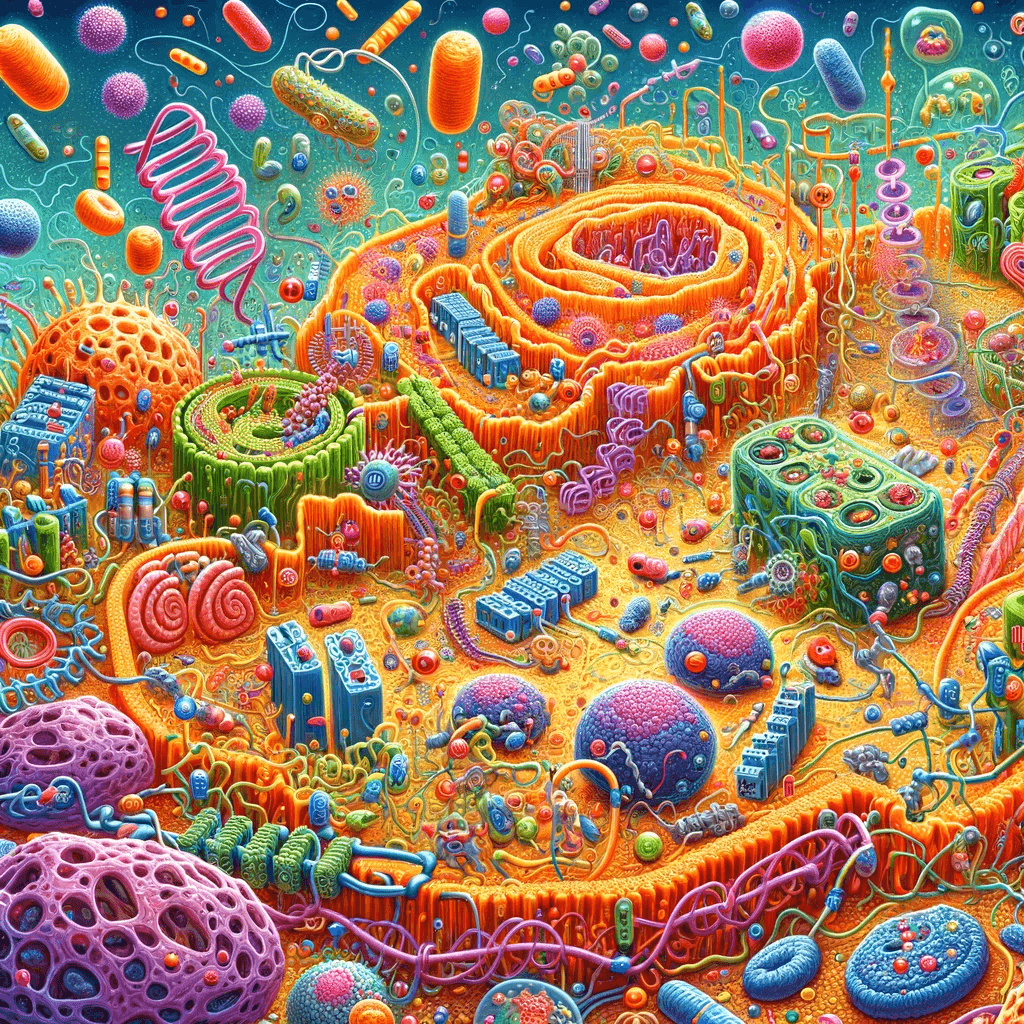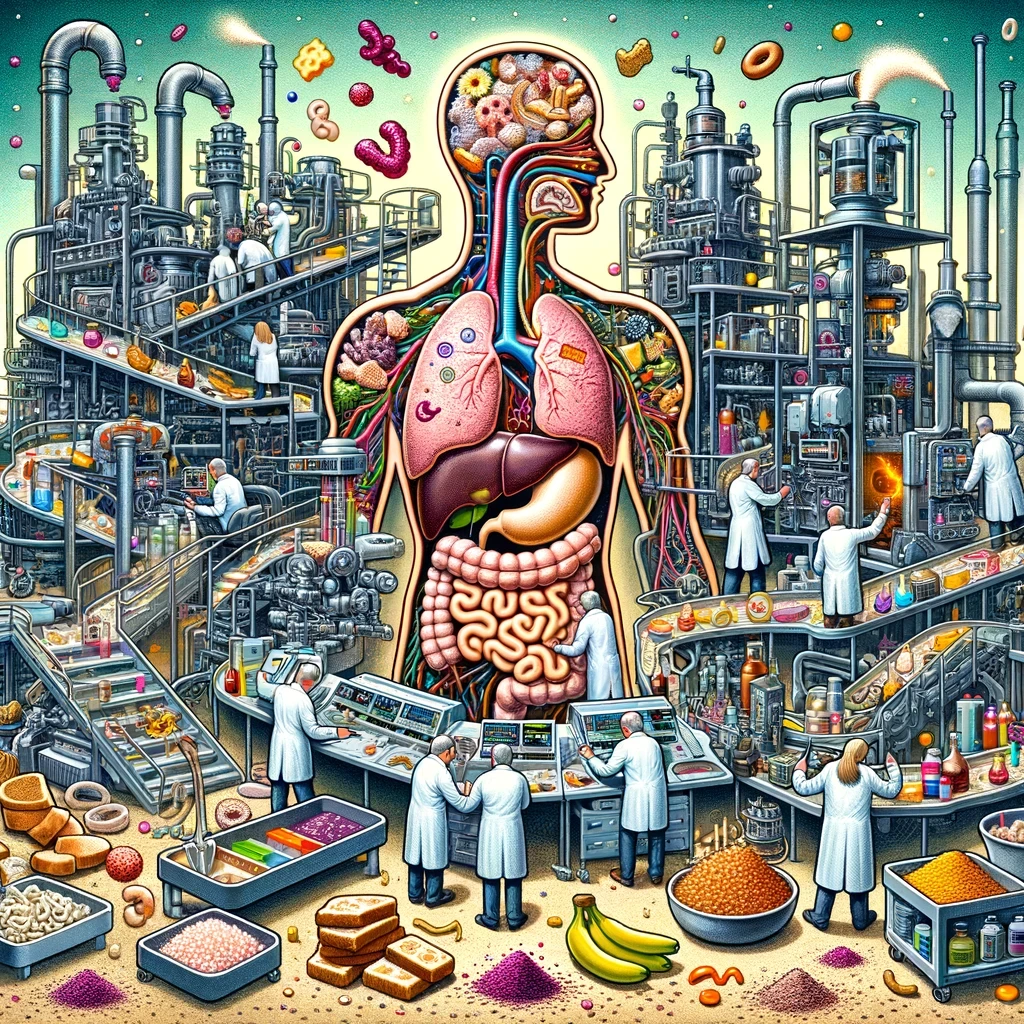Metabolism Decoded: Understanding and Overcoming Metabolic Syndrome
Jan 18, 2024
This week's blog is intended to be a beginners introduction to the concepts of metabolism and metabolic syndrome. It is meant to be an oversimplification so that anyone at any level can begin to understand the answers to these questions.
This post addresses the following inquiries:
What is metabolism?
What is metabolic syndrome?
Can you break your metabolism?
Can you heal your metabolism?
So, let’s get started!
What is metabolism?
Metabolism is the sum of all chemical reactions in the body. These reactions include the breaking down of molecules and the building up of molecules. In the process of breaking down molecules energy is released, while in the process of building up molecules energy is stored.
The balance between these processes is what contributes to maintaining balance in the body, or homeostasis.There are many different pathways of metabolism that work together to maintain homeostasis. Hormones play a huge role in determining which kinds of reactions are occurring and when.
Metabolism is influenced by genetics, age, gender, hormone levels, environmental factors, and lifestyle factors such as nutrition strategy and physical activity.

Photo: Dall-E
What is metabolic syndrome?
Most modern diseases can be chalked up to metabolic syndrome.
Metabolic syndrome (MS) includes the presentation of symptoms like high blood pressure, high blood sugar, excess body fat around the waist called visceral fat, abnormal cholesterol levels called dyslipidemia, and insulin resistance.
Symptoms of MS can be experienced together and in different combinations. These symptoms increase the risk of heart disease, stroke, autoimmune disorders, and type 2 diabetes. Emerging science suggests that some cancers, PCOS, dementia and even some mental health disorders may be results of a dysregulated metabolism.
One in three adults in the US have metabolic syndrome, and about 90% of all adults have at least one symptom of it.
Can you break your metabolism?
Yes and No.
As with all things nutrition, the answer to this question is not simple, rather it's quite complex. However, please know that depending on the cause some damage is irreversible, but managing some symptoms may be possible for some individuals.

Photo: Dall-E
Can you heal your metabolism?
Yes!
Individuals all over the world, of different ages, genders, genetics and life stages are healing their metabolism by making changes to their lifestyle behaviors, specifically nutrition strategy and physical exercise.
Nutrition is the bottom line.
We can resolve high blood pressure, high blood sugar, visceral fat, dyslipidemia, and insulin resistance simply by cleaning up our dietary intake. Regular physical exercise is important, and a critical next step to take. Any changes you decide to make to your lifestyle behaviors should always be with the support of your medical team, and maybe a coach.
I said “simple” not “easy”
Something that all the symptoms of metabolic syndrome have in common is an underlying cause: hyperinsulinemia.
Hyperinsulinemia means there is a chronic excess of insulin in the body. While hyperinsulinemia may not be the primary driver of metabolic syndrome, it’s a HUGE factor, and a controllable one.
Insulin is a growth, or storage hormone, that can interact with just about every cell and tissue in the body. It is released into the bloodstream when carbohydrates are consumed. Remember that the body breaks down ALL carbs into sugar (including vegetables, fruits, cookies and cakes, etc.), and then insulin comes along to store that sugar, or energy, in the cells.
To heal the metabolism, lose body fat mass, stabilize hormones, and reverse insulin resistance we must give the body a break from the cycle of carb consumption and energy storage.
How do we give the body a break? Cut carbohydrates from your regular intake!
Eat keto.
Ketogenic diets mimic a fasted state in the body, hormonally speaking, which allows the insulin levels in the body to dramatically decrease.
Greatly reducing carbohydrate intake will help get your body into ketosis. Think of ketosis as “breakdown mode.” In ketosis the body can finally access all that stored energy (ie, body fat mass.)
More to come on the benefits of ketosis, and using fat for fuel.
